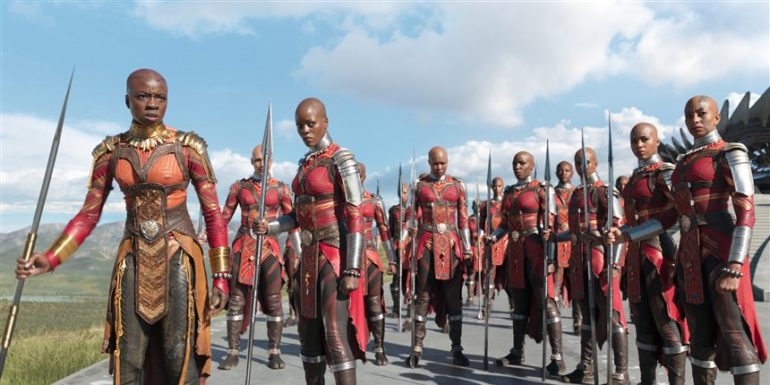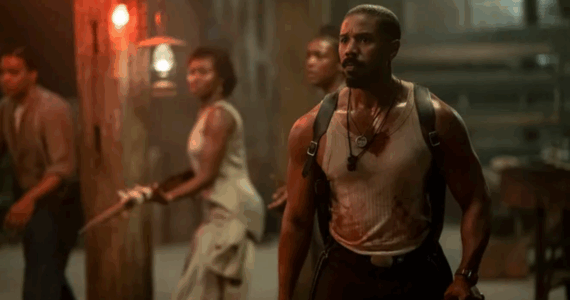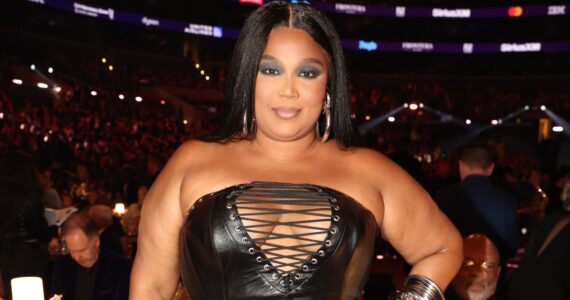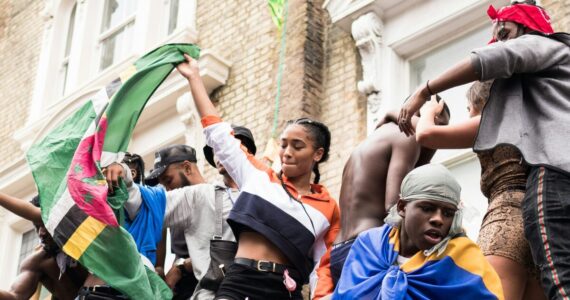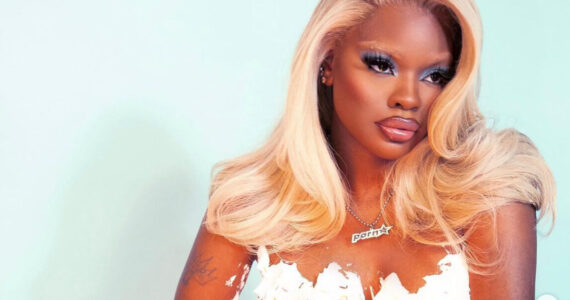The joyride that is “Black Panther” opens our eyes to discover an emotion we’ve never felt before. We have never been able to see a Black production that empowers mythology. Often times, we watch films about superheroes and receive the same sort of information. This time around, the stance is completely different. Wakanda stands as the stunning hidden gem in the continent of Africa. The visuals represent beautiful untouched land and technological advancement that was unimaginable. Still, this film is more than just what it sold implicitly.
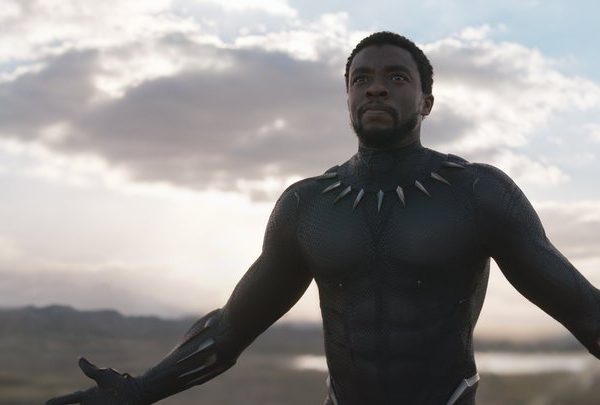
Much like in the movie, King T’Challa or “Black Panther” (Chadwick Boseman) sleekly made his way out of the comic book pages and onto the big screen. In 1966, creators Stan Lee (scriptwriter) and Jack Kirby (artist) introduced Black Panther in the Fantastic Four’s visit to Wakanda. Since then, they’ve sought out the opportunity to continue his journey. Sharing the name with popular civil rights activists groups, the film implicitly shares the same views as well. Director Ryan Coogler phenomenally gets that point across within the first few moments of the film.
There is a powerful opening that establishes relationships. In order to develop relationships, the script uses methods through movement rather than dialogue. We see that strength in between Shuri and T’Challa, we witness it again with Okoye and Nakia. These are strong relationships that are not often addressed within areas where Blackness is present.
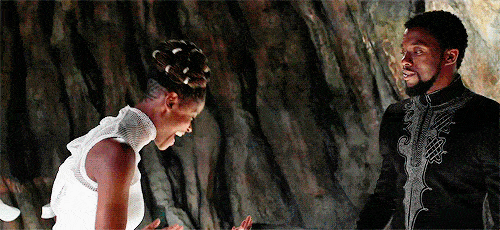
Despite Black Panther’s ability to shine light on positive relationships in a Black film, it also very much shows where we butt heads. Erik Killmonger (Michael B. Jordan) draws a parallel between reality and fantasy. The way Wakandan’s often treated Black lives on the outskirts of their land was quite unfair. This shines light on an issue that the Black community often has a hard time addressing. We tend to overlook issues that we cannot understand, no matter what continent these Black lives reside. This makes a stellar point, without reaching. The thing that keeps it at a superhero level is what King T’Challa decides to do about it.
You’ll have to watch to find out.
As for our first introduced villain, Klaw (Andy Serkis), that is a whole different ballgame. He draws parallels by reminding of us when colonizers took over land that did not belong to them while including things that did not belong to them as well. He often seems to throw jabs at Wakandans by referring to them as “savages.” As a result, we don’t see him on the screen very much after that. The other white character throughout the film has a more alleviating role, who quickly develops into a Wakandan ally. This serves to propose many purposes, and the script suits them effectively so.
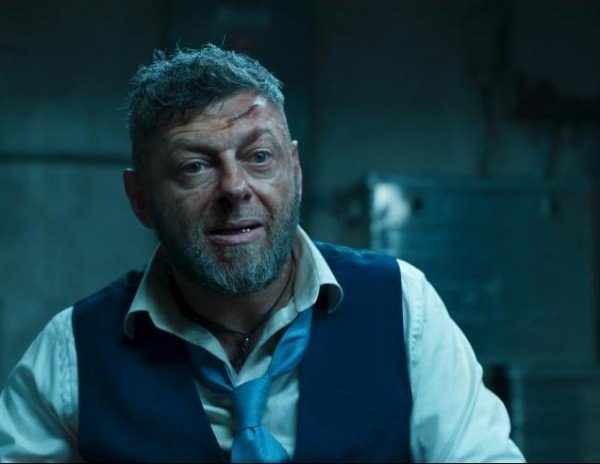
Overall, this film highlights what could have been. Based off a myth, but implicitly inflicting the concept that Wakanda could have been developed. If the overtly oppressing history of detaching the African diaspora were not forced against their will, something like this could have been.
Yet, with a heavy remembrance of what could have been, they manage to shine a light on what still is. As a result, we are introduced to the mesmerizing language that is Xhosa. Folds pull back and reveal how Wakandans genuinely turn their struggle and triumph into pure comedy. These characters show their strength mentally and physically. They remain loyal to what they fought for, and what they rightfully so own. Not only does the film focus on showcasing talent, but intellect as well.
This is more than just your average superhero movie.
In essence of beauty, while watching the film smiling is inevitable. The representation of culture is executed in a way that has never been seen. It is revolutionary and expansive through just visuals. Black feminism is exuding the point of no return. How we see these characters, comfortable in their skin is a necessity. The richness of tribal clothing and untouched land is one that we need to see more. To piggyback off that notion, it is also inevitable to not think of little Black girls and boys all over the world watching “Black Panther” and feeling represented. These are characters that embody our feelings and make them extensive. This film is timeless and exudes the meaning of “Black Excellence”.
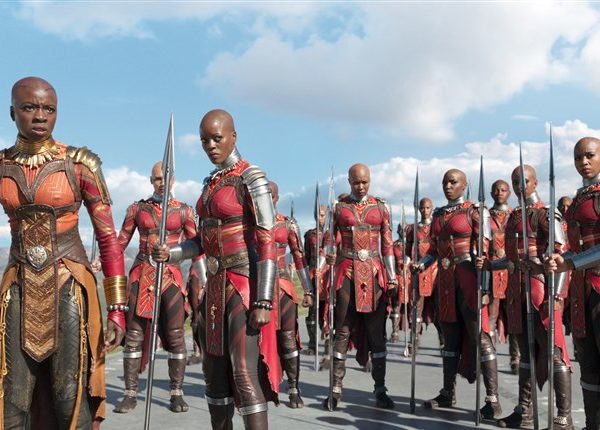
We just hope it’s not the last one.
If you have yet to see “Black Panther”, it is an absolute MUST! Let us know what you thought of the film in the comments below!


